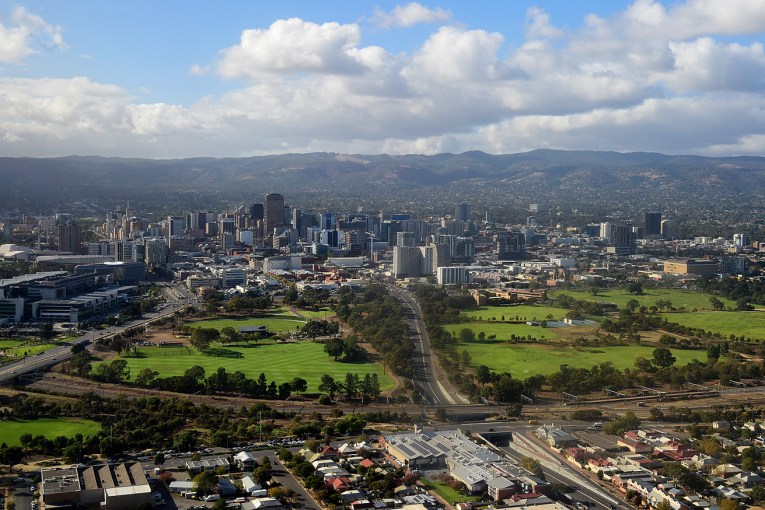Wages growth at record low
Australian’s pay packets are stuck in a rut, with wages growth at record lows.
Official figures show wages rose by just 0.6 per cent in the June quarter, weighed down by down by rising unemployment and slow economic growth.
For the year to June, the Australian Bureau of Statistics’ wage price index rose 2.6 per cent, which is well below the inflation rate of three per cent.
The seasonally adjusted annual figure was the equal lowest result since the ABS started issuing the data in 1997.
Despite the slow growth in wages, the Australian Chamber of Commerce & Industry has renewed calls for workplace reforms, including changes to the awards system covering penalty rates.
“If we are going to turn around the unemployment trend and grow the economy then we must honestly look at all the workplace reform options – including greater flexibility when it comes to working weekends,” ACCI’s chief operating officer John Osborn said on Wednesday.
RBC Capital Markets fixed interest strategist Michael Turner said weaker employment markets was the main reason why wages growth is slow.
The unemployment rate unexpectedly shot up to 6.4 per cent in July, from six per cent in June.
“The continued historically slow pace of wage inflation was likely to shock no one given rising unemployment, improving productivity and weak growth in domestic income,” he said.
Wages growth slowed markedly during the year for workers in the mining industry, falling from a peak of about 5.2 per cent two years ago to 2.5 per cent.
Those working in the professional services industry also saw wages growth slow to two per cent from a peak of 4.5 per cent in 2011.
CommSec chief economist Craig James said wages were not keeping up with price rises, but low wage costs could help boost employment growth.
“Modest wage growth and higher productivity should support the hiring intentions of employers,” he said.
“While strong growth in wages would boost domestic spending, it could also serve to lift employer costs and prices and add to economy-wide inflationary pressures.”
Mr James said slow wages growth gave the Reserve Bank another reason to keep the cash rate at a record low for at least the remainder of the year.
But while interest rates remain low, family budgets are likely to remain under pressure due to the slow growth in wages.
ANZ economists Savita Singh and Felicity Emmett expect wages growth to remain modest for the next couple of years.
“Looking forward, low wage inflation is expected to continue to act as a constraint on growth in household income and consumption.”
Changes in hourly rates of pay
Total pay: up 2.6%
Private sector: up 2.4%
Public: up 2.8%
State-by-state
New South Wales: up 2.5%
Victoria: up 2.8%
Queensland: up 2.6%
South Australia: up 3.1%
Western Australia: up 2.4%
Tasmania: up 2.3%
Northern Territory: up 2.8%
ACT: up 2.3%








